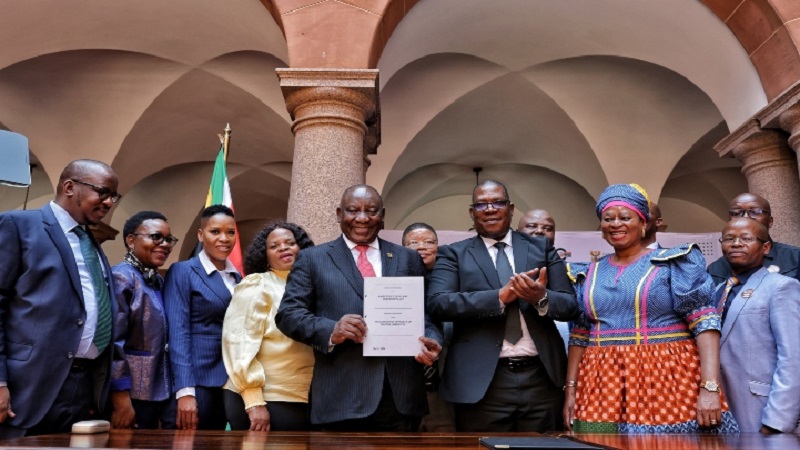By Ragheema Mclean
The Western Cape Education Department (WCED) has voiced its support for President Cyril Ramaphosa’s decision to delay the implementation of two contentious clauses in the newly enacted Basic Education Laws Amendment (BELA) Act.
Signed into law on Friday, the BELA Act introduces significant changes to the South African education system, including compulsory Grade R, stricter homeschooling regulations, and reinforced language policy fairness.
The delay applies to clauses 4 and 5 of the Act, which have been the subject of considerable debate.
Clause 4 transfers control over school admissions policies to the Department of Basic Education and requires schools to accept learners without the requisite documentation.
Meanwhile, clause 5 mandates that school governing bodies (SGBs) submit their language policies and any amendments to the department for approval.
President Ramaphosa announced the three-month delay to allow for additional consultation and engagement with stakeholders.
Speaking on VOC Breakfast Western Cape Education MEC David Maynier expressed support for the president’s decision, acknowledging the need for further discussion.
“We certainly support President Cyril Ramaphosa’s decision to put clauses 4 and 5 on ice to allow for further deliberations over the next three months,” Maynier stated.
However, Maynier also raised concerns about the financial impact of the Act, particularly considering the provinces looming teaching post cuts.
“While we support the extension of Grade R, the move to make it compulsory at this point could severely strain provincial finances. The national Treasury has indicated that no additional funding is available, and provinces may face the burden of covering the R17.7 billion cost associated with this unfunded mandate.”
Maynier further emphasized the importance of maintaining the authority of SGBs in decision-making processes.
“We believe that the SGB’s should make decisions when it comes to admissions and languages and where there are disagreements with schools we believe that there should be meaningful engagement to address these issues.”
VOC News
Photo:@NCape_Education/X









